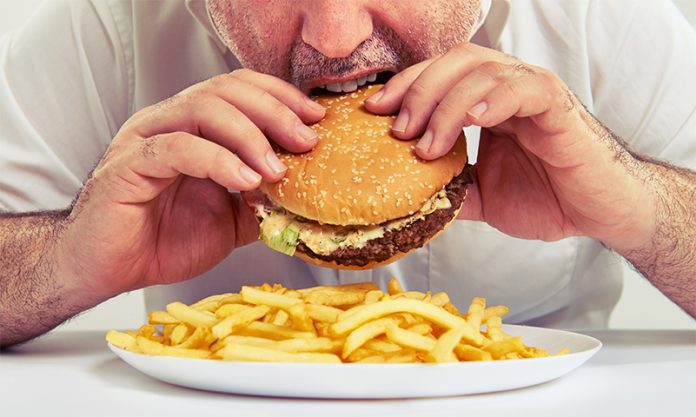When emotionally taxing situations arise, many people may bury their strong feelings in pints of ice cream or mounds of mashed potatoes. This practice, while comforting in the moment, is often blamed for health and weight problems.
However, the actual issues associated with “stress eating” are much more nuanced than labeling a habit as simply good or bad. Many a strict diet plan has been derailed by a stressful day, but the way our feelings and eating interact is not in and of itself a negative situation, according to experts.
Claire Gish, manager of nutrition therapy for the Laureate Eating Disorders Program within the Saint Francis Health System, says turning to food for comfort is a completely human experience.
“Food is intended to be comforting and to make us feel good,” says Gish, who adds that the hormones the body releases during stress can stimulate one’s appetite. “This makes sense because stress burns a lot of energy, so grabbing a snack in the middle of or after a stressful situation is probably exactly what your body needs at that time.”
Karen Massey, a community nutrition dietitian for INTEGRIS Health, says stressful situations can lead people to eat too much or too little … and a variety of feelings are tied to what we ingest.
“Feelings of anger, sadness, guilt, anxiety and even happiness may play a role in food choices,” she says.
Regardless, stress eating gets a bad rap. Plenty of people struggle with overall health, weight, blood pressure and other vital statistics because of over-eating and poor food choices. While other factors may exist, many chalk up their bad nutrition to stressors in their lives. But when it’s boiled down, food itself is not the enemy.
“Food and eating are never dangerous or the problem, and should never be labeled as such,” says Gish, who cites long-term, relentless stress and using food as the sole coping mechanism as the cause behind these eating problems. “You need to allow yourself to feel your feelings. Using food and dieting to control, numb or manage stress is a bad long-term strategy.”
She encourages people to find coping skills in addition to food to broaden their choices when stress levels rise.
Massey points out that trying popular diets as a way to deal with underlying issues is rarely successful. She says people should prioritize treating the stress, anxiety, depression or other negative emotion causing them to sabotage their health goals.
Gish and Massey both emphasize that reaching out for help is key – a trusted friend or family member to talk to, a therapist or other mental health professional to provide guidance, or a registered dietitian to address nutrition. Maintaining a healthy relationship with food is important, too.
“When you are nourishing yourself and listening to what your body is telling you, and your body knows that it is getting what it needs – both in stressful and non-stressful situations – eating will just be a normal thing that you do,” Gish says.

























